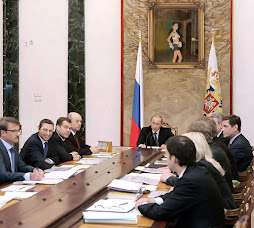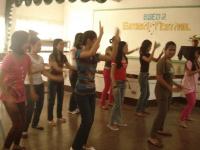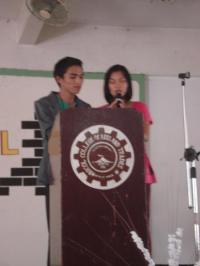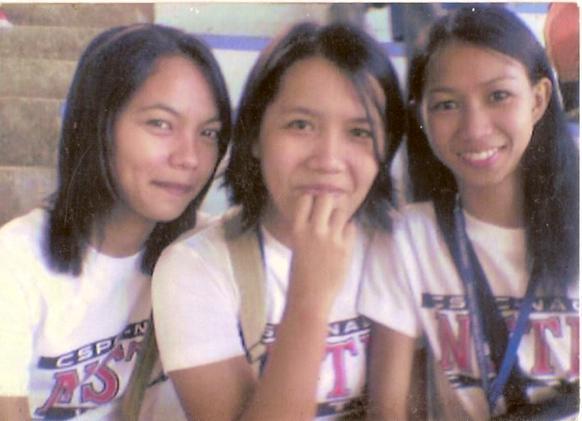RA No. 1425 prescribes the teaching of the life, works and writings of Jose Rizal for all school, colleges and universities.
Students and teachers, in the past years, have relied on books and periodicals from the library to do their studies on Rizal. The advent of Information Technology, however, facilitated the acquisition and sharing of ideas among peoples of varied persuasions throughout the globe. Survey results show that more and more students are using the Internet to do research work. This Jose Rizal website is, therefore, designed, and created to assist students in the appreciation of the role of Rizal in the development of the Filipino nation. The web contains very comprehensive materials on and by Rizal in both the English and Filipino languages. Further more, it is offered for free to everyone. The endorsement of the web by the Commission on Higher Education helped increase the number of visitors. This web continues to acquire and update information about Rizal in order to be of better service to the users.
José Rizal (full name: José Protacio Rizal Mercado y Alonso Realonda) (June 19, 1861 - December 30, 1896), was a Filipino polymath, nationalist and the most prominent advocate for reforms in the Philippines during the Spanish colonial era and its eventual independence from Spain. He is considered a national hero and the anniversary of Rizal's death is commemorated as a Philippine holiday called Rizal Day. Rizal's 1896 military trial and execution made him a martyr of the Philippine Revolution.
The seventh of eleven children born to a middle class family in the town of Calamba, Laguna, Rizal attended the Ateneo Municipal de Manila and then traveled alone to Madrid, Spain where he studied medicine at the Universidad Central de Madrid, earning the degree of Licentiate in Medicine. He attended the University of Paris and earned a second doctorate at the the University of Heidelberg. Rizal was a polyglot conversant in at least ten languages.[1][2][3][4] He was a prolific poet, essayist, diarist, correspondent, and novelist whose most famous works were his two novels, Noli me Tangere and El Filibusterismo.[5] These are social commentaries on the Philippines that formed the nucleus of literature that inspired dissent among peaceful reformists and spurred the militancy of armed revolutionaries against 333 years of Spanish rule.
As a political figure, Rizal was the founder of La Liga Filipina, a civic organization that subsequently gave birth to the Katipunan[6] led by Bonifacio and Aguinaldo. He was a proponent of institutional reforms by peaceful means rather than by violent revolution. The general consensus among Rizal scholars, however, attributed his martyred death as the catalyst that precipitated the Philippine Revolution.
for the past years
12 taon ang nakalipas












Walang komento:
Mag-post ng isang Komento